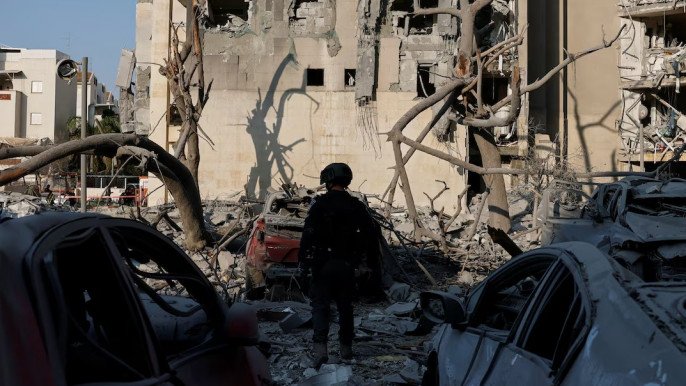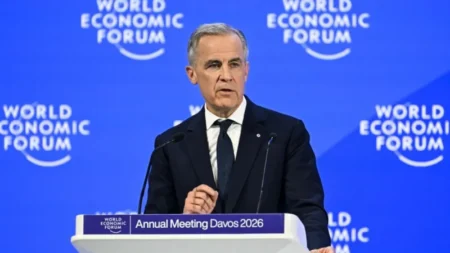Tensions in the Middle East remain high as a fresh wave of violence erupts between Iran and Israel. Despite a recent ceasefire declaration by the United States, Iran fired several missiles into Israeli territory, resulting in deaths and serious injuries.
According to military reports, the missile attacks occurred on the morning of June 24. The Israeli Defense Forces confirmed that six missiles were fired from Iran in two waves. The first wave included two missiles, while the second wave included four. One missile from the second attack directly struck a residential apartment block in Be’er Sheva, located in southern Israel.
Medical teams reported that three people died due to the blast. Several others are in critical condition and receiving emergency care. The attack caused widespread panic across the central and southern parts of the country. Sirens were heard in multiple regions, warning civilians to take shelter immediately.
Emergency services were quickly deployed and remain on high alert. Authorities advised people to avoid public spaces and stay in secure locations. Schools and businesses were temporarily closed, and public transportation services were suspended in some areas.
The attacks came just hours after U.S. President Donald Trump announced a temporary ceasefire agreement between Iran and Israel. The deal was expected to last for 12 hours, giving both nations time to ease military actions and focus on peace efforts. President Trump expressed hope that this pause could lead to a longer-term resolution and lasting calm in the region.
However, the missile launch from Iran has raised questions about whether the ceasefire was ever accepted by both sides. Iranian officials claim they were never officially informed of such an agreement. Iranian Foreign Minister Abbas Araghchi stated that no formal deal had been made to stop military operations. He added that Iran would consider halting further attacks only if Israel ended what he called “unlawful aggression” against the Iranian people.
He made it clear that Iran would stop its counter-attacks only if Israel ceased all military action by 4:00 AM Tehran time. As of now, Iran’s position suggests that it does not fully recognize the announced ceasefire.
Military analysts are uncertain about the future of peace in the region. Some experts believe the ceasefire announcement may not be enough to prevent further bloodshed. The quick escalation after the announcement signals a deep lack of trust between the two sides.
Observers worry that such back-and-forth attacks could block any chance of a peaceful solution. Instead of calming the situation, the conflict appears to be widening. Many residents in Israel have expressed fear and confusion. People are calling for real steps toward peace, not just statements that fall apart within hours.
Meanwhile, international groups are urging both Iran and Israel to resume talks and end military operations. The humanitarian cost of these ongoing clashes is rising, and there is growing concern about the safety of civilians caught in the middle.
Despite the current situation, hopes for peace still exist. Some diplomats are trying to restart conversations and build a lasting ceasefire. But with fresh attacks and conflicting statements, the road to peace appears long and uncertain.
The recent missile strike has made it clear that without mutual trust and official agreements, peace efforts can fall apart at any moment. While leaders talk of peace, actions on the ground suggest that the battle for control is far from over.







